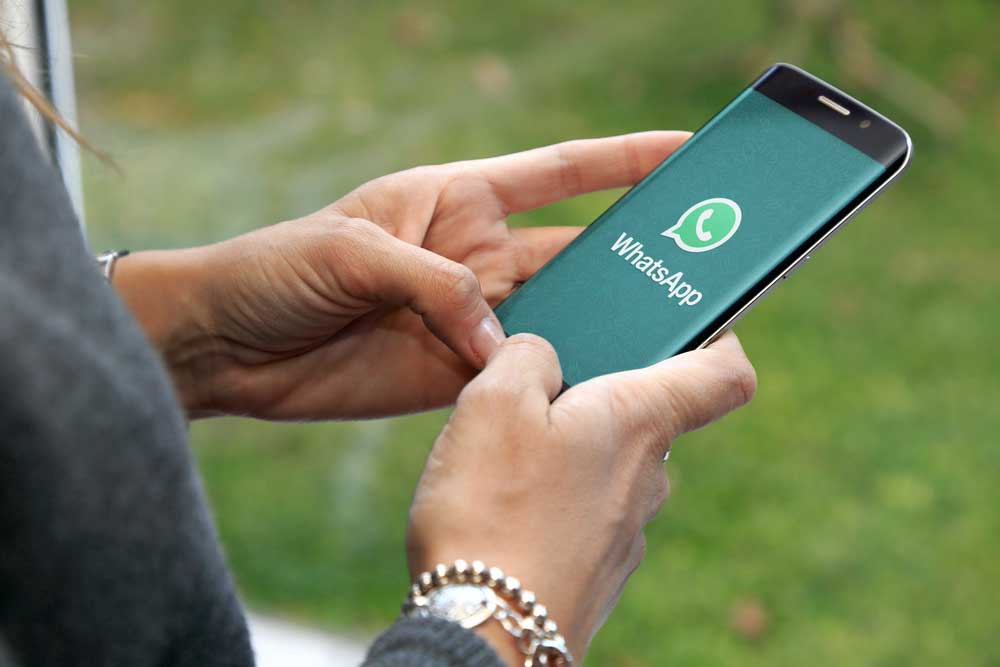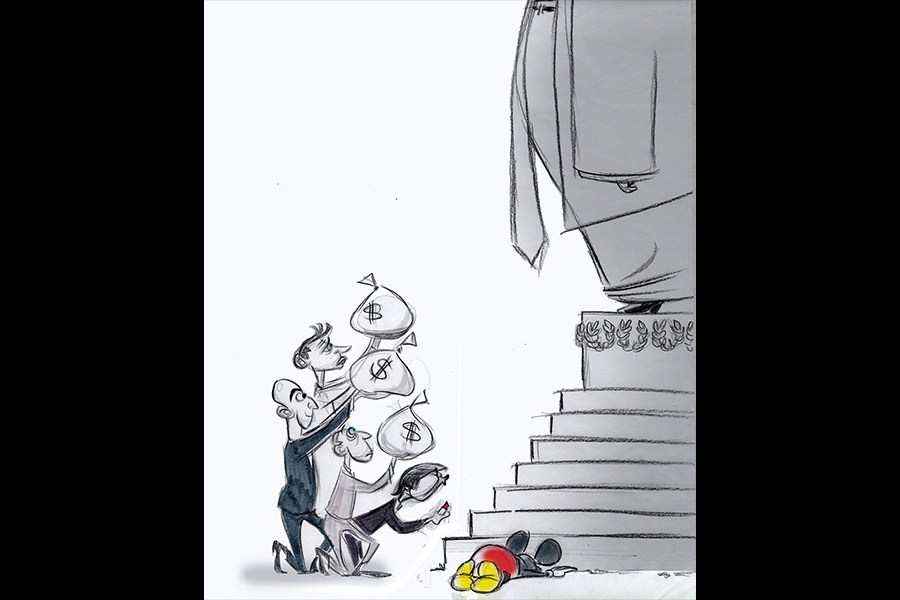Spyware crafted by an 'advanced cyber actor' infected multiple targeted mobile phones through the popular WhatsApp communications programme without any user intervention through in-app voice calls, the company said.
The Financial Times identified the actor as Israel's NSO Group, and a WhatsApp spokesman later said 'we're certainly not refuting any of the coverage you've seen.'
The malware was able to penetrate phones through missed calls alone via the app's voice calling function, the spokesman for the Facebook subsidiary said late on Monday. An unknown number of people — an amount in the dozens at least would not be inaccurate — were infected with the malware, which the company said it discovered in early May, said the spokesman, who was not authorised to be quoted by name.
John Scott-Railton, a researcher with the internet watchdog Citizen Lab, called the hack 'a very scary vulnerability'.
'There's nothing a user could have done here, short of not having the app,' he said.
The WhatsApp spokesman said the attack had 'all the hallmarks of a private company that has been known to work with governments to deliver spyware that has the ability to take over mobile phone operating systems.'
The spokesman said WhatsApp, which has more than 1.5 billion users, immediately contacted Citizen Lab and human rights groups, quickly fixed the issue and pushed out a patch. He said WhatsApp also provided information to U.S. law enforcement officials to assist in their investigation.
He said the flaw was discovered while 'our team was putting some additional security enhancements to our voice calls' and that engineers found that people targeted for infection 'might get one or two calls from a number that is not familiar to them. In the process of calling, this code gets shipped.'
'We are deeply concerned about the abuse of such capabilities,' WhatsApp said in a statement.
Spokespeople for NSO Group did not immediately respond.
The revelation adds to the questions over the reach of the Israeli company's powerful spyware, which can hijack smartphones, control their cameras and effectively turn them into pocket-sized surveillance devices.
NSO's spyware has repeatedly been found deployed to hack journalists, lawyers, human rights defenders and dissidents. Most notably, the spyware was implicated in the gruesome killing of Saudi journalist Jamal Khashoggi, who was dismembered in the Saudi consulate in Istanbul last year and whose body has never been found.
Several alleged targets of the spyware, including a close friend of Khashoggi and several Mexican civil society figures, are currently suing NSO in an Israeli court over the hacking.
Monday, Amnesty International — which said last year that one its staffers was also targeted with the spyware — said it would join in a legal bid to force Israel's Ministry of Defense to suspend NSO's export license.
That makes the discovery of the vulnerability particularly disturbing because one of the targets was a U.K.-based human rights lawyer, the attorney told the AP.
The lawyer, who spoke on condition of anonymity for professional reasons, said he received about several suspicious missed calls over the past few months, the most recent one on Sunday, only hours before WhatsApp issued the update to users fixing the flaw.










